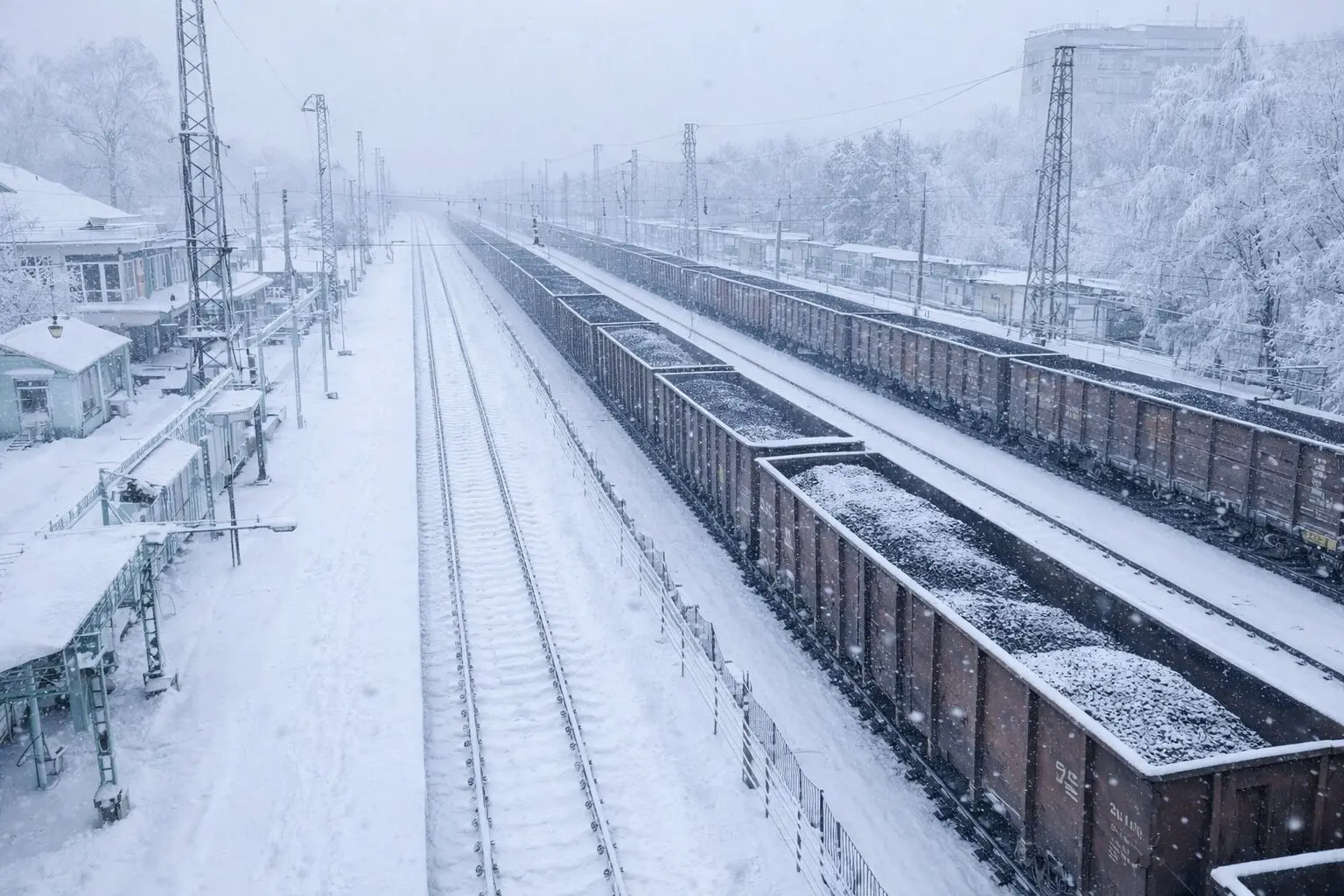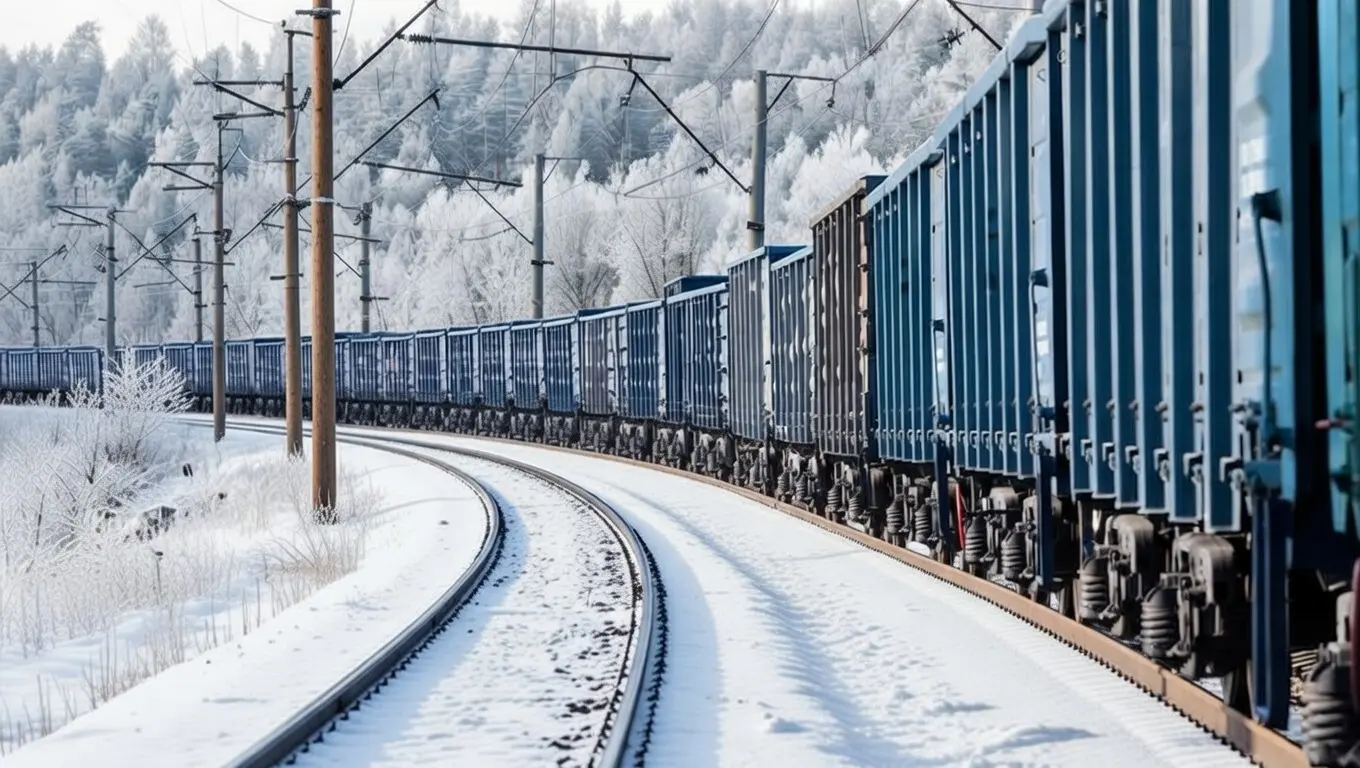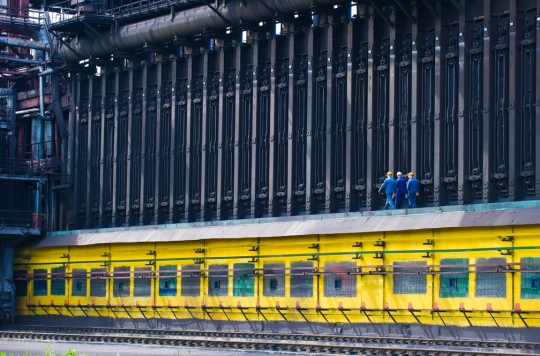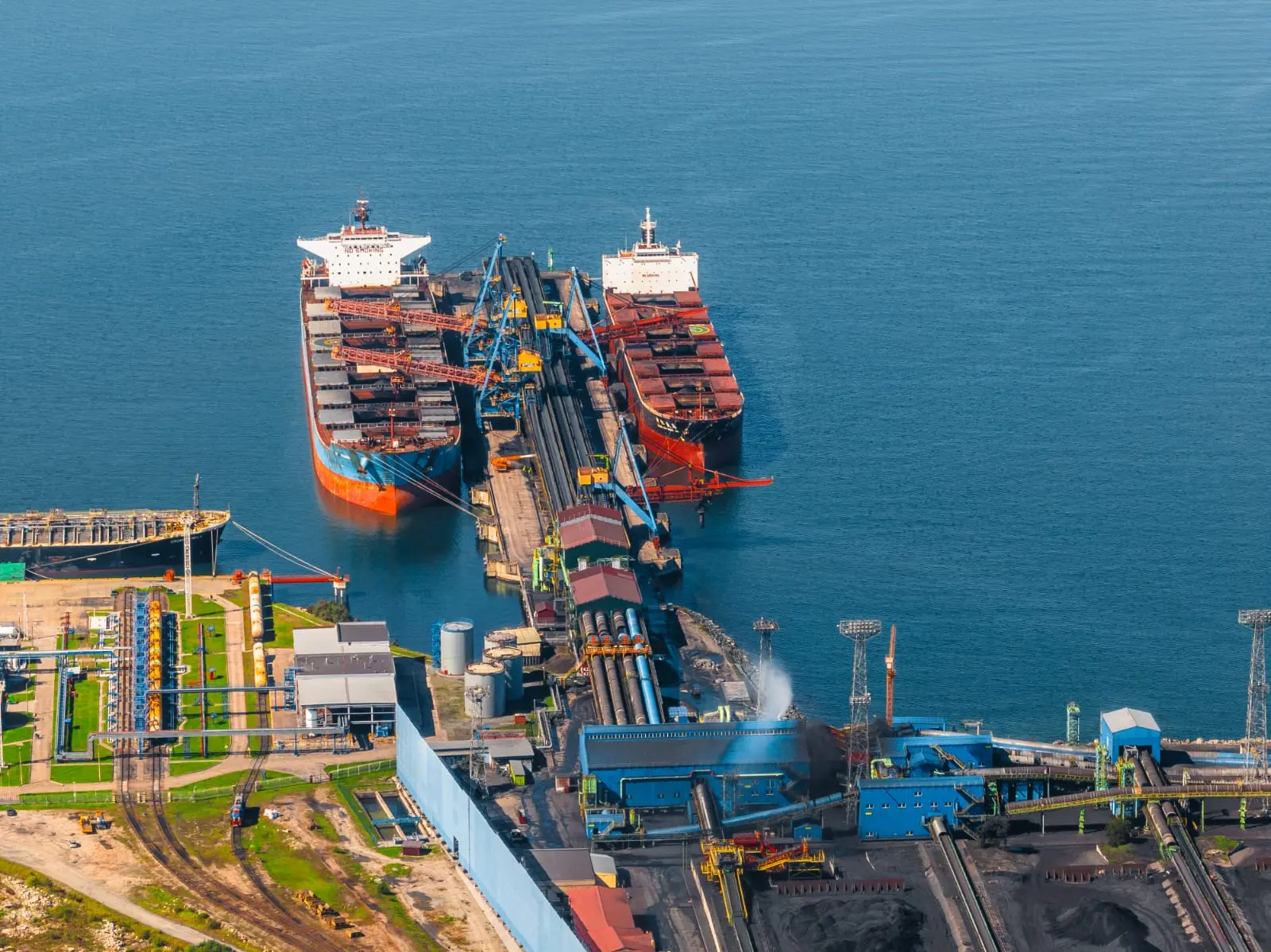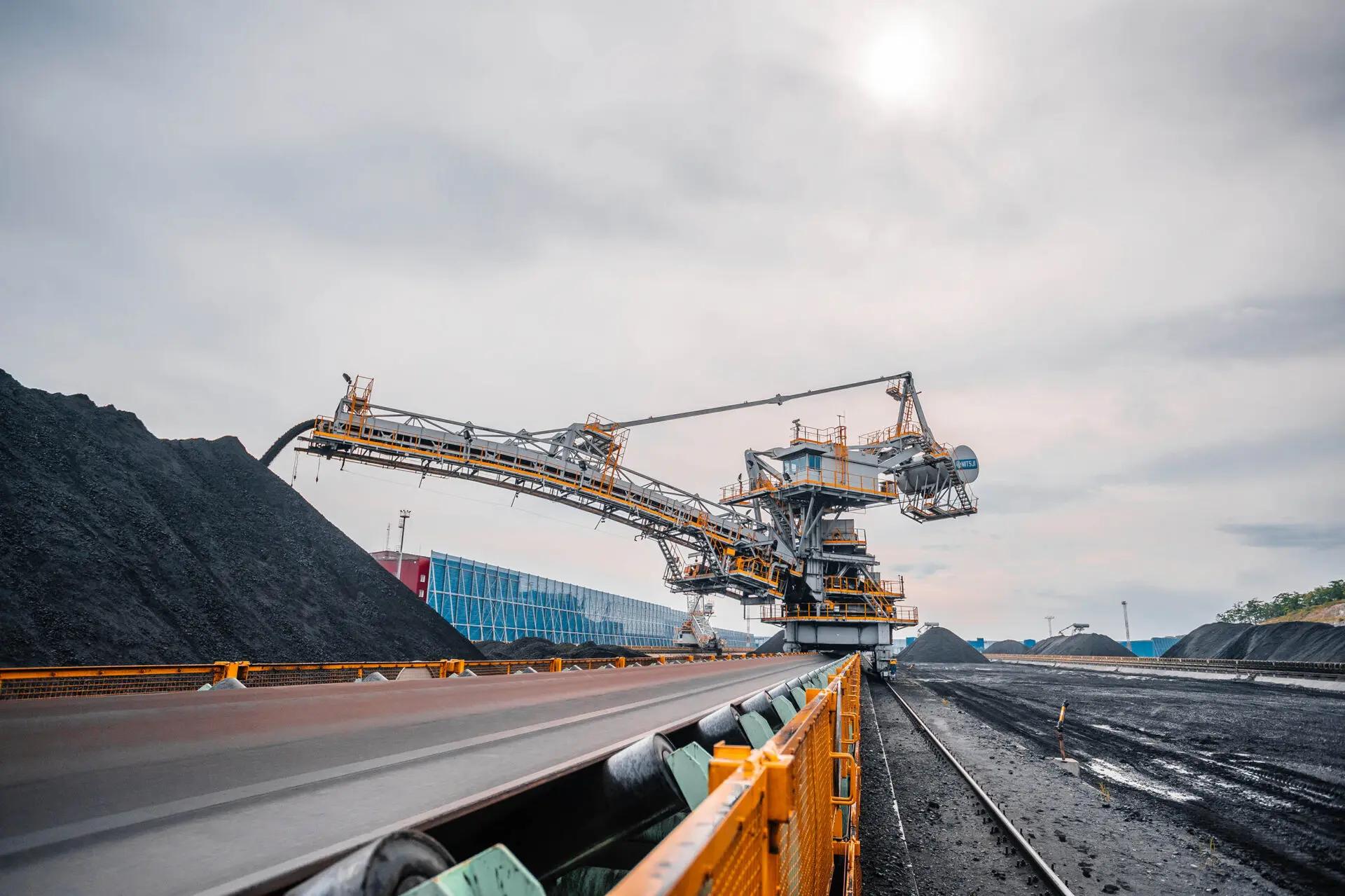
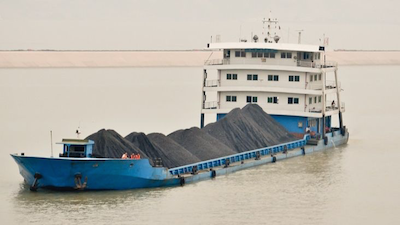
European coal prices declined this week in line with related markets and softer demand, although prevailing concerns of winter supply tightness and higher Asia-Pacific prices prevented sharper losses.
The front-quarter API 2 contact declined 3% from last Friday’s settlement to USD 53.75/t, while the front year was down 3.5% at USD 54.90/t, on Ice Futures.
The well-supplied competing gas market experienced sharp declines this week, with the front-month Dutch TTF contract slumping 12% on the week to a seven-week low of EUR 12.60/MWh in early Friday trading.
The prospect of milder near-term weather conditions weighed on gas, as well as coal, due to the implications for reduced generation demand. “Weakness in gas and power remains a key factor to watch,” said a coal strategist with a utility.
Yet ongoing concerns about tightening winter supply limited API 2 losses. Negotiations between Colombia’s key coal exporter Cerrejon and workers’ union Sintracarbon remained in deadlock following fresh talks this week to end a strike that has lasted for nearly three months.
A spokesman for Cerrejon said talks this week had not resulted in any developments of significance. “There were two rounds of meetings this week – on Wednesday and Thursday – and neither resulted in any meaningful breakthroughs,” said a source close to the situation.
This meant the process was now in the hands of the energy ministry, which would have to set up an arbitration panel. “How quickly that will happen is completely unknown but we are hoping to hear something next week, even if it’s just that things are starting,” added the source.
“If Cerrejon is pushing for an arbitration tribunal to step in, it could likely force workers to resume operations this month, in theory,” said a dry bulk strategist with a trading house. But this may not mean a return to prior export volumes. “Cerrejon will return but the production rate will be impacted downwards,” said an analyst with a competing coal producer.
The government was unlikely to prove supportive for the industry as a whole, he added. “Coal is not so important for the government anymore, so Cerrejon will have a hard time anyway.”
As such, he also doubted another Colombian coal producer, Glencore-owned Prodeco – which has suspended operations since May due to poor market conditions – would return any time soon, “if at all”.
At the same time, the prospect of tightening supply in Europe this winter had been exacerbated by increasingly attractive Asia-Pacific prices. “The arbitrage [to China] continues to open, so there will be increased flow out of the Atlantic into the Pacific,” said the utility coal strategist. Already, some cargoes from Colombia were heard to be heading to Asian destinations. “As long as China is buying Atlantic coal, it helps to provide support on API 2,” he said.
A Chinese ban on purchases of Australian coal, at a time of rising domestic prices in the world’s number one consumer, had resulted in further opportunities for Colombian, Russian and South African suppliers to sell to Chinese buyers, market participants said.
Source: Montel
Follow on Twitter:
[tfws username=”montelnews” height=”700″ width=”350″ theme=”light” color=”#FAB81E” tweets=”2″ header=”yes” footer=”yes” borders=”yes” scrollbar=”yes” background=”yes”]

